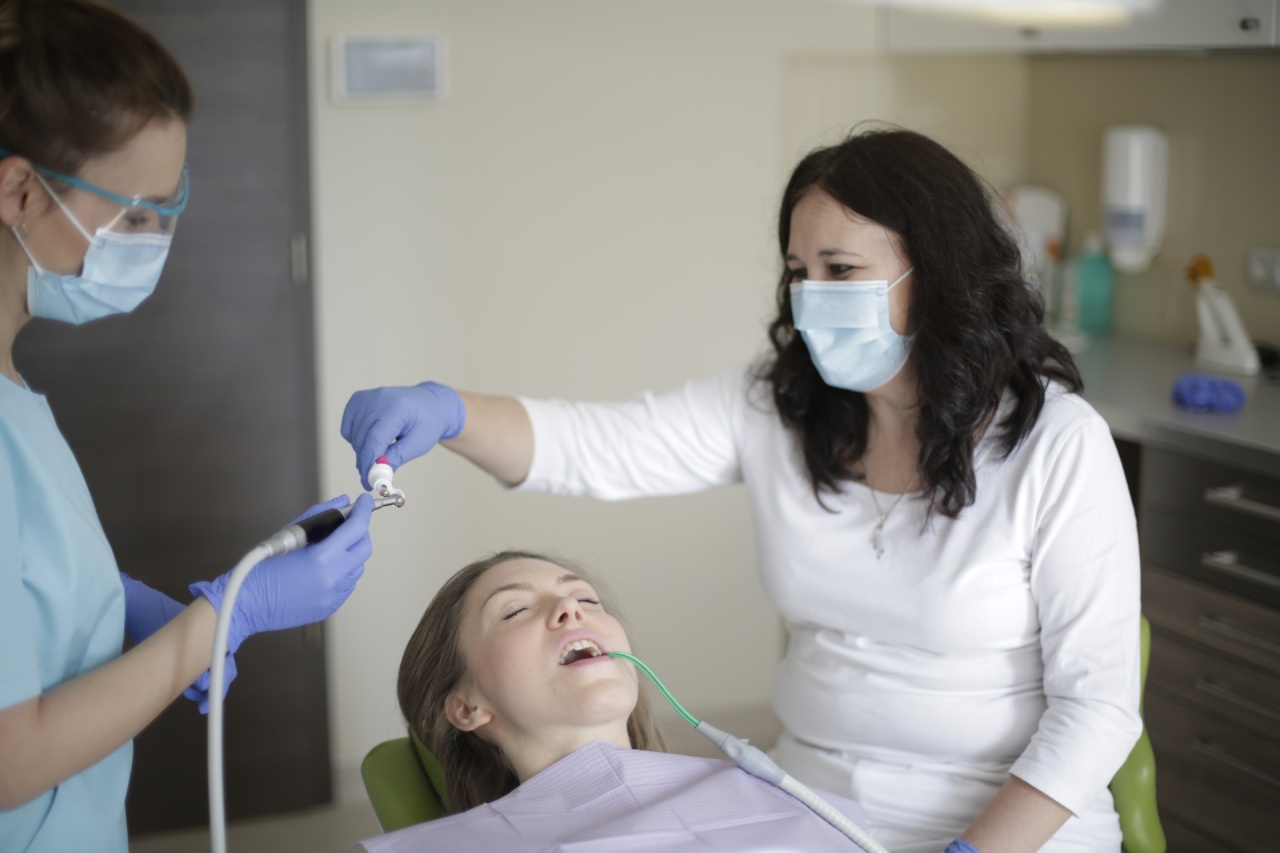Regular preventive care is essential to maintain optimal health and wellbeing throughout a woman’s life.
While it is essential to see your primary care physician annually, some tests and screenings should also be done regularly to detect potential health problems. In this article, we will highlight preventive exams every woman should get, irrespective of their age.
1. Breast Exam and Mammogram
A mammogram is an X-ray of the breast that is used to detect breast cancer. Women should have a mammogram once every two years between the ages of 50 and 74.
However, if you have a family history of breast cancer, you should start getting a mammogram earlier and more frequently after consulting with your doctor. Women between the ages of 20 and 39 should also have a clinical breast exam once every three years, and women above 40 should have one every year. Be sure to conduct a monthly self-breast exam at home regularly.
2. Pelvic Exam and Pap Smear
The pelvic exam and Pap smear are essential tests for detecting cervical cancer. Women between the ages of 21 and 65 should have a Pap smear at least once every three years.
If you have a history of abnormal Pap smears, you may need to undergo screening more frequently. The pelvic exam and Pap smear are usually conducted at the same time, enabling your doctor to detect any abnormalities in the cervix, uterus, ovaries, and fallopian tubes.
3. Blood Pressure Test
A blood pressure test is used to identify high blood pressure, a condition that increases the risk of heart disease and stroke. Women should have their blood pressure checked at least once a year, starting from age 20.
If you have high blood pressure, your doctor may recommend more frequent monitoring and lifestyle changes to manage it.
4. Blood Glucose and Cholesterol Test
High cholesterol and blood glucose levels increase the risk of heart disease and diabetes. Women over the age of 45 should have their cholesterol levels checked regularly, ideally every five years.
Women who have a family history of heart disease or diabetes should be tested earlier and more frequently. A blood glucose test is also recommended for women who are overweight, have high blood pressure, or who are at risk of developing diabetes.
5. Bone Density Screening
Women are at a higher risk of developing osteoporosis than men, particularly after menopause. A bone density screening is used to detect osteoporosis and low bone mass, enabling you to get earlier treatment.
Women above the age of 65 should have a bone density screening once every two years. Women who have a history of fractures or risk factors for osteoporosis should be screened earlier.
6. Skin Cancer Screening
Skin cancer is the most common form of cancer in the United States, with more than three million cases diagnosed each year.
Women should undergo annual skin cancer screenings, particularly if they have a history of skin cancer or have exposure to the sun frequently. Be sure to use sunscreen when going outdoors, and avoid tanning beds as much as possible.
7. Eye Exam
An eye exam is essential to detect eye diseases such as glaucoma, cataracts, and macular degeneration, which can lead to blindness if left untreated. Women should have a comprehensive eye exam once every two years, starting at age 40.
If you have a family history of eye diseases, you may need to be screened more frequently.
8. Colonoscopy
Colon cancer is the third most common type of cancer in women and the second deadliest. Women should start getting screened for colon cancer at age 50 or earlier if they have a family history of colorectal cancer or inflammatory bowel disease.
Colonoscopy is the most effective screening test for colon cancer, which is performed every 10 years, depending on your risk factors.
9. Sexually Transmitted Diseases (STDs) Screening
Sexually transmitted diseases are common in women, and most are asymptomatic, leading to dangerous health conditions if left untreated.
Women should get tested for STDs, including chlamydia, gonorrhea, herpes, and HIV, at least once a year if they are sexually active.
10. Dental Exam and Cleaning
Dental health is an essential aspect of overall health and wellbeing. Women should see their dentist every six months for a dental exam and cleaning.
This preventive measure can detect dental problems early and prevent tooth decay, gum disease, and other oral health issues.
Conclusion
Preventive care is critical for maintaining optimal health and preventing chronic diseases.
By following these recommended preventive exams every woman should get, irrespective of their age, women can detect health conditions early and get early treatment, leading to better health outcomes.




























